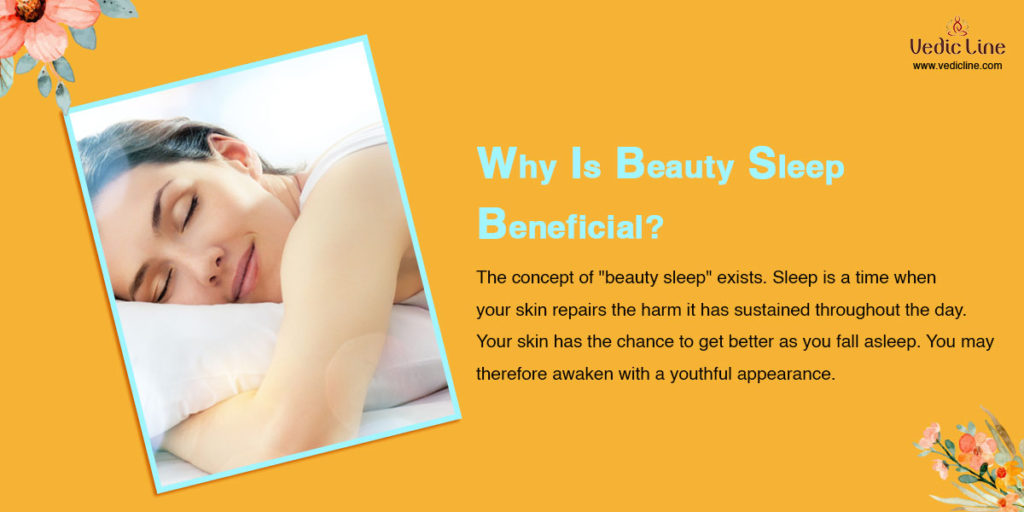Unlocking Beauty: The Profound Benefits of Sleep for Your Skin

In our bustling modern lives, sleep often takes a backseat to work, social obligations, and other daily commitments. However, sleep is a cornerstone of health, and its importance extends beyond feeling refreshed and alert. Adequate sleep plays a vital role in the health and appearance of your skin, hair, and nails. In this comprehensive blog post, we’ll delve deep into the myriad ways and benefits of sleep for your skin with these essential aspects of your beauty, and we’ll provide practical tips to help you achieve better sleep quality.
Skin: The Body’s Unsung Hero
Before diving into the relationship between sleep and skin health, let’s take a moment to appreciate the remarkable role your skin plays in your overall well-being:
Barrier Function: Your skin acts as a protective barrier, shielding your body from external aggressors such as UV radiation, pollutants, and harmful microorganisms.
Regulation of Body Temperature: Your skin is vital for regulating body temperature. It does so by either allowing you to cool down through sweating or retaining heat by constricting blood vessels.
Vitamin D Production: Exposure to sunlight enables your skin to synthesize vitamin D, a crucial nutrient that plays a role in various bodily functions, including bone health and immune system support.
Cosmetic and Aesthetic Significance: Your skin’s appearance significantly influences your self-esteem and self-image. Healthy, glowing skin is often associated with beauty and well-being.

Sleep: The Skin’s Best Friend
Now, let’s explore the profound ways in which sleep influences the health and appearance of your skin:
Cellular Repair and Regeneration: During sleep, your body enters a state of repair and rejuvenation. It produces and releases growth hormones, such as human growth hormone (HGH), which stimulate cell growth and repair. This process is vital for undoing the daily damage caused by exposure to environmental toxins, UV radiation, and the general wear and tear of life.
Collagen Production: Collagen, the protein responsible for your skin’s elasticity and firmness, is primarily synthesized during deep sleep stages. Inadequate sleep can lead to reduced collagen production, resulting in the formation of wrinkles and sagging skin.
Skin Hydration: Quality sleep allows your skin to maintain its moisture balance. This hydration is essential to prevent dryness and flakiness, leading to skin irritation and exacerbating conditions like eczema and psoriasis.
Reduction in Inflammation: Inflammation is a major contributor to various skin issues, including acne and redness. Sleep helps regulate inflammation by reducing the production of inflammatory molecules. Consistent quality sleep can lead to calmer, clearer skin.
The Science Behind Sleep and Skin Health
The relationship between sleep and skin health is backed by scientific research. Here’s a closer look at some of the key processes that occur during sleep and their impact on your skin:
Cell Turnover: Your skin experiences a natural turnover process, where old, damaged skin cells are replaced with new ones. This process is most active during the night-time, making quality sleep essential for optimal cell turnover.
Hormone Regulation: Sleep influences the release of various hormones, including cortisol (the stress hormone) and melatonin (which helps regulate sleep-wake cycles). Imbalances in these hormones can lead to skin issues, such as acne or premature aging.
Practical Tips for Maximizing Sleep Quality for Beautiful Skin
Now that we’ve explored the science behind the benefits of sleep for skin and its impact on skin health, let’s delve into practical tips to improve your sleep quality for radiant, healthy skin:
Establish a Consistent Sleep Schedule: Strive to go to bed and wake up at the same times every day, even on weekends. It is simpler to go to sleep and wake up naturally thanks to this regularity in your body’s internal clock regulation.
Optimize Your Sleep Environment: Transform your bedroom into a sleep haven by ensuring it’s dark, quiet, and at a comfortable temperature. Investing in a high-quality mattress and pillows can significantly enhance your sleep comfort.
Reduce Screen Time Before Bed: The blue light that computers, tablets, and phones generate can interfere with your sleep-wake cycle. To let your body know it’s time to wind down, try to avoid screens at least an hour before bed.
Limit Alcohol and Nicotine: Having too much alcohol or nicotine can interfere with your sleep. When it comes to these substances, stay away, especially before bedtime.
Create a Relaxing Bedtime Routine: A calming bedtime routine will signal your body that it’s time to go to sleep. Practice gentle yoga, read a book, or take a warm bath as ways to relax.

Last Words
In conclusion, sleep is a powerful ally for achieving and maintaining beautiful, healthy skin. By prioritizing sleep and incorporating the practical tips mentioned above into your daily life, you can harness the incredible benefits of sleep for your skin to look and feel your best. Radiant, youthful skin is not just a matter of skincare products; it’s also a reflection of your overall well-being, with sleep playing a starring role. So, prioritize sleep, and let your inner beauty shine through. Sweet dreams!
